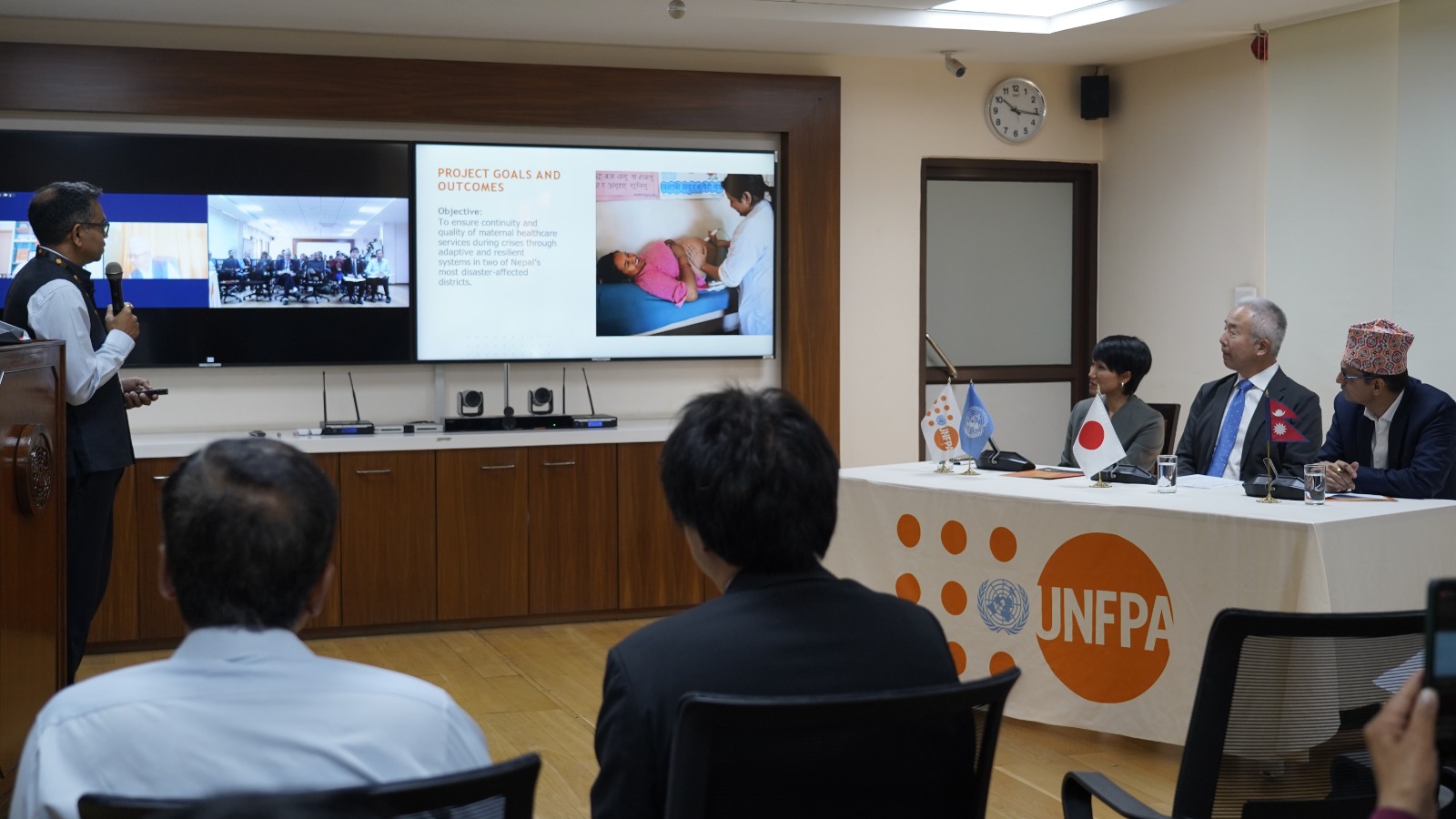Devendra Gautam of Onlinekhabar caught up with Mahesh Maskey, Nepal’s former ambassador to China, who was instrumental in exploring Nepal’s supply lines up north, at a time when Nepal was reeling under debilitating effects of the Indian blockade and the Madhesh Movement. Excerpts from the interview:
Major achievements
Evaluating my own performance is not easy. But I am satisfied with what I did in the capacity of ambassador during those difficult times. I did whatever I could do. While some of the initiatives are complete, some are in the process of completion.
Nepal has emerged as a main link in the belt and road initiative. This is one of the major accomplishments of my tenure. This initiative is making progress. During my tenure, Nepal became a founder member of the Asian Infrastructure Investment Bank, which will act as the backbone for the one belt one road initiative. Our bid to establish a railway network is moving ahead. For the first time, we have a written commitment to linking Kathmandu, Pokhara and Lumbini with a railway network.
We made progress towards importing petroleum products from China. During the petroleum crisis, we managed to lay the ground for import of petroleum products, through a 15-point joint communique. There may be concrete talks on the issue between Nepal and Chinese political leadership when the latter visits Nepal.
China has already started helping Nepal in petroleum exploration.
Opening of Chinese customs adjoining Nepal is on priority list. Several customs points will be operational, not just two.
When I went to China in the capacity of Nepal’s ambassador, 4,000 Nepali products were getting Chinese customs waiver. Now, China is giving customs waiver to 8,000 products. And we are seeking customs waiver for more products.
During my tenure, we became a dialogue partner of Shanghai Cooperation Organisation.
Crowning glory
All these are major achievements of my tenure, but the transit treaty is the most important achievement. We had been striving for such a deal for quite sometime, but without success. This deal has far-reaching importance for Nepal’s economic development.
No reason to lose hope
During the petroleum crisis, we tried relentlessly to bring petrol to Nepal from China. But this was easier said than done. Our main challenge was to bring in oil that was not different from oil that India used to supply, in terms of price and quality. Bringing oil from China will not be viable if it costs more than oil brought from India.
Even when China said it was ready to sell us oil, we were in no position to buy it because of price. When we started the procurement process, we did not know about it, that’s why we were a bit more optimistic. Because of high transportation costs, oil from China would cost as much as oil brought from India only after China gives us huge grant.
Nonetheless, we signed a memorandum of understanding with a pledge to bring one-third of oil required for Nepal from China. And we tried every bit to implement the deal.
As a symbolic gesture, we tried to buy a small amount of oil, to no avail. But the joint press communiqué issued at the end of Prime Minister Oli’s China visit has mentioned provisions on import of petroleum products. We have no reason to be pessimistic. Nepal should be smart enough to secure assistance from China in a way that’s palatable to India.






















